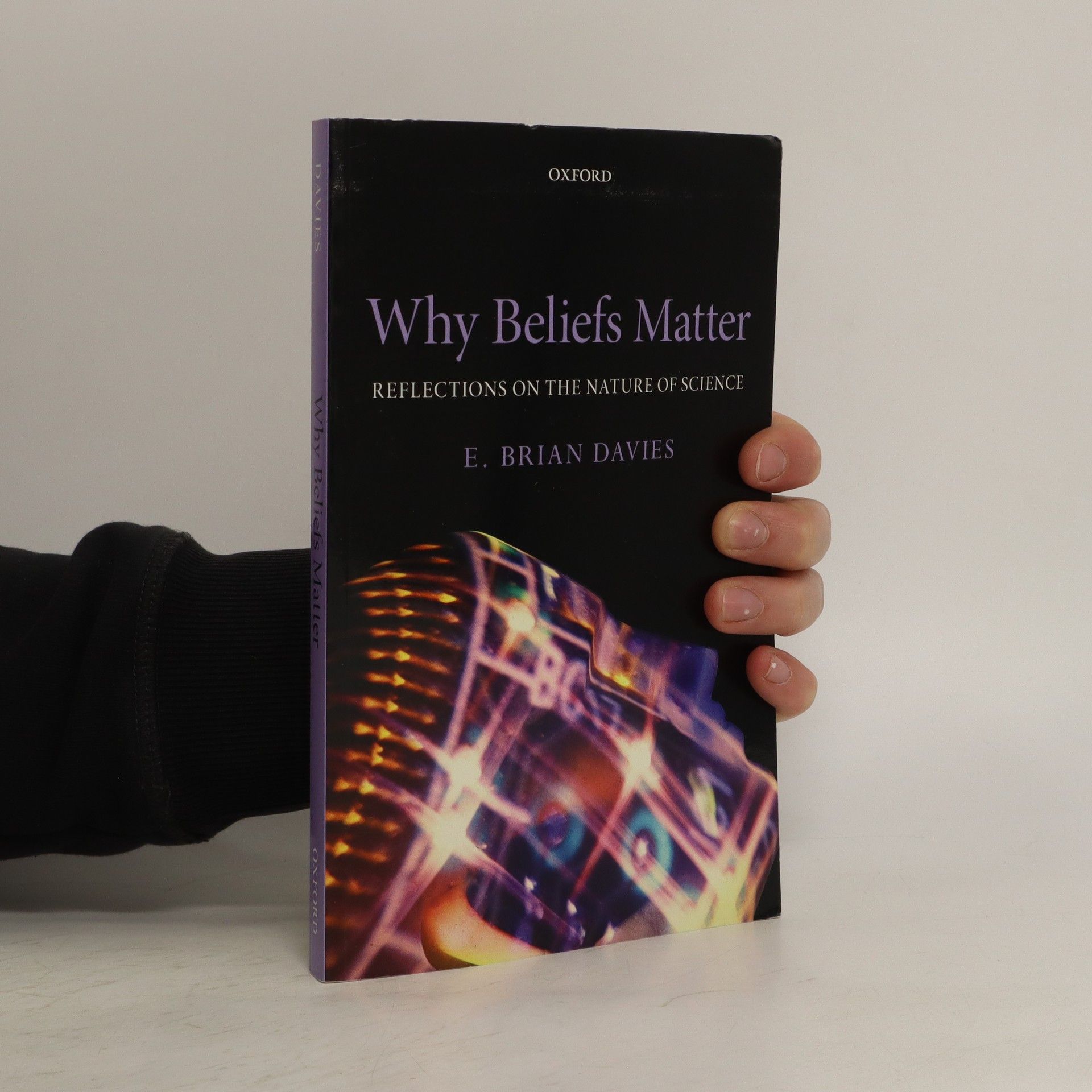In the follow-up to his acclaimed Science in the Looking Glass, Brian Davies discusses deep problems about our place in the world, using a minimum of technical jargon. The book argues that "absolutist" ideas of the objectivity of science, dating back to Plato, continue to mislead generationsof both theoretical physicists and theologians. It explains that the multi-layered nature of our present descriptions of the world is unavoidable, not because of anything about the world, but because of our own human natures. It tries to rescue mathematics from the singular and exceptional statusthat it has been assigned, as much by those who understand it as by those who do not. Working throughout from direct quotations from many of the important contributors to its subject, it concludes with a penetrating criticism of many of the recent contributions to the often acrimonious debates aboutscience and religions.
E. Brian Davies Boeken
E. Brian Davies staat bekend om zijn baanbrekende werk op het gebied van de spectrale theorie, met name met betrekking tot de warmtekernels van diffusie-vergelijkingen, die van grote betekenis zijn in de kwantumtheorie en andere wetenschappelijke domeinen. Zijn onderzoek, geworteld in een sterke wiskundige basis, kenmerkt zich door diepgang en relevantie voor de hedendaagse wetenschap. Naast zijn uitgebreide bijdragen in wetenschappelijke artikelen, heeft hij ook toegankelijke boeken geschreven over de filosofie van wiskunde en wetenschap, waardoor complexe concepten begrijpelijk worden voor een breder publiek.
